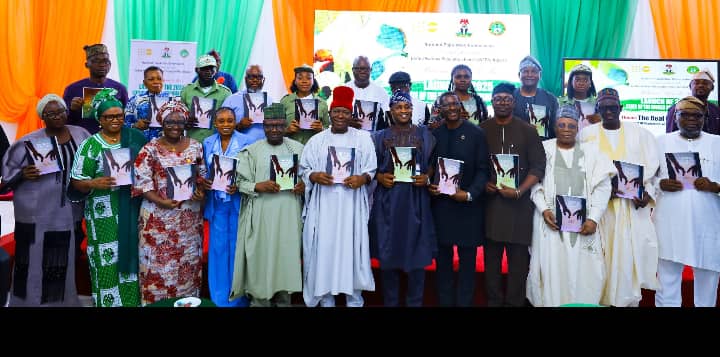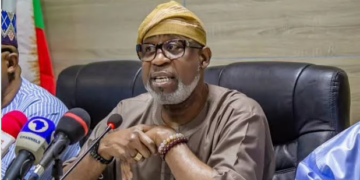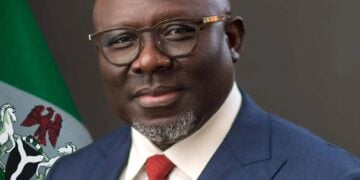The National Population Commission (NPC) and the United Nations Population Fund (UNFPA) have jointly launched the 2025 State of the World Population (SWOP) Report, urging greater national commitment to reproductive health rights and personal agency.
Themed “The Real Fertility Crisis: The Pursuit of Reproductive Health Agency in a Changing World,” the report challenges governments to focus less on population numbers and more on individual rights, reproductive autonomy, and access to health services.
Chairman of the NPC, Hon. Nasir Isa Kwarra, described the report as a timely wake-up call for Nigeria and other nations to center their population policies on human dignity and informed choice.
“This year’s theme challenges us to look beyond demographic statistics and instead focus on what truly matters—the lived realities of individuals. Fertility should not just be discussed in numbers, but in terms of the agency people have to decide freely and safely when and how to have children,” Kwarra said.
Citing findings from the 2023–2024 Nigeria Demographic and Health Survey, Kwarra noted a reduction in Nigeria’s total fertility rate from 5.3 to 4.8 children per woman. However, he highlighted areas of concern, including adolescent pregnancy and unmet family planning needs.
“Fifteen percent of girls aged 15–19 are already mothers or pregnant. And although contraceptive use among married women has increased to 15%, we are still far from our national target of 27% by 2030. These figures represent real people facing real challenges,” he said.
Chairman of the Senate Committee on Population, Senator Victor Umeh delivered a goodwill message emphasizing that the real fertility challenge lies in reproductive health agency, not just declining birth rates.
“Declining fertility rates reflect remarkable progress—improved access to contraception, greater educational and career opportunities for women. The real crisis is failing to ensure comprehensive reproductive rights and health services that empower individuals,” he said.
He added that addressing fertility concerns in both low- and high-income countries requires different strategies: expanding access to contraception and education in the former, and supportive family policies like paid leave and affordable childcare in the latter.
“In every context, the goal should be reproductive freedom—not fear or coercion, but respect, support, and opportunity,” Umeh said.
Representing the Minister of State for Health, pharmacist and health advocate Ugochukwu Alex reaffirmed the government’s resolve to improve reproductive health outcomes.
“The true crisis is not how many children people have, but whether they can make those decisions with dignity and access to services,” he said, adding that government efforts are ongoing to expand family planning, maternal and child health services, and reach underserved populations.
Alex emphasized the need for intersectoral collaboration, stronger domestic funding, and accountability to achieve reproductive justice in Nigeria.
“We must move from merely acknowledging reproductive rights to fully realizing them,” he said.
The SWOP 2025 Report urges policymakers to enact evidence-based, rights-driven reforms that prioritize the health and autonomy of individuals, particularly women and youth. As Nigeria joins the global community to mark World Population Day, the message is clear: Reproductive health and agency must be at the heart of sustainable development.











